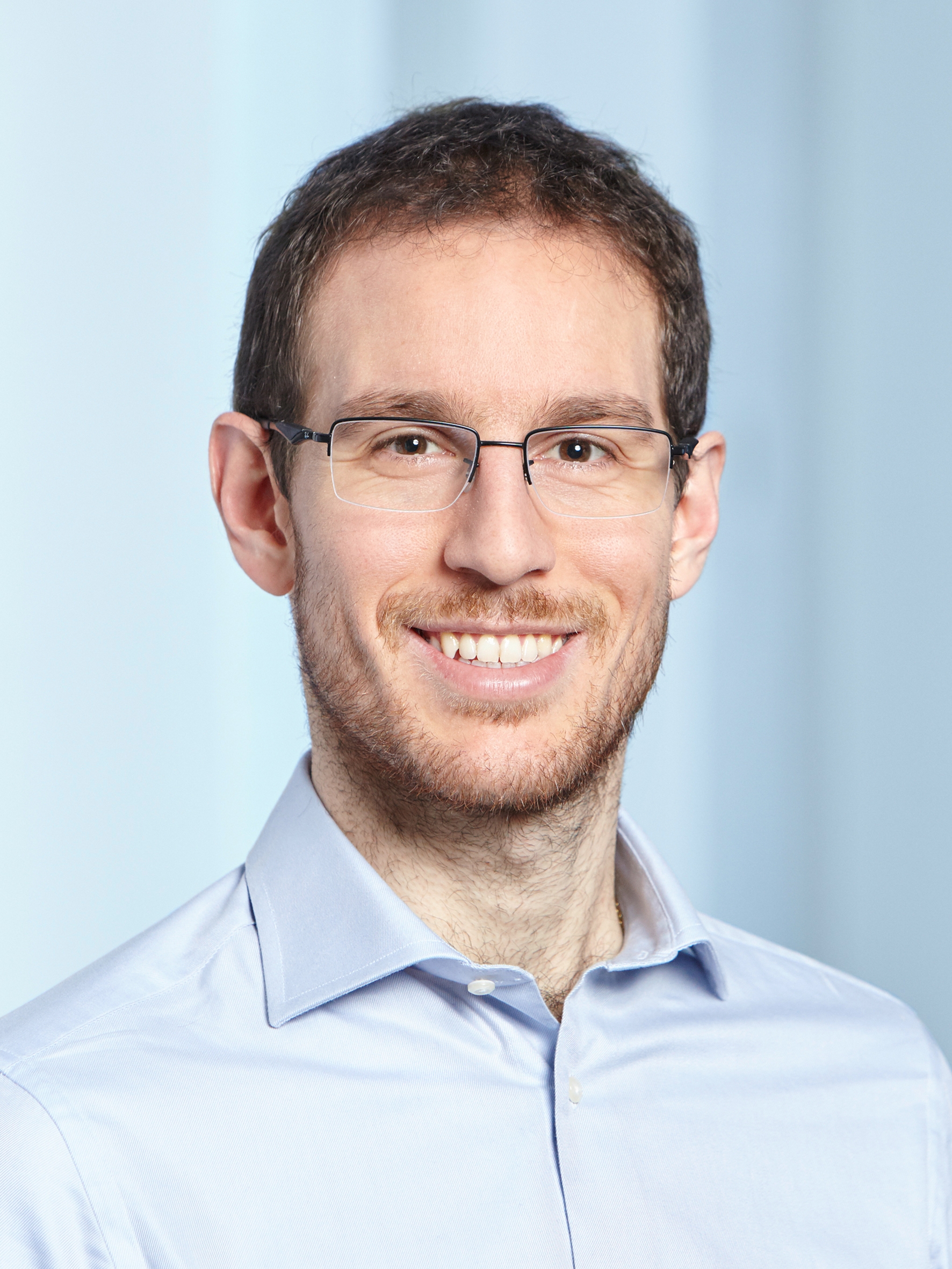Alessio Figalli

Alessio Figalli
2018 Fields Medal
What does the transportation of soil have to do with cloud formation and computer science? If you are Professor Alessio Figalli, then you know their similarities lie in the optimal transport theory, a field of study for which he won the Fields Medal in 2018.
Optimal transport theory is used to calculate the most “cost-effective” way of moving resources from where they are found to where they need to be. Historically, it dates to 1781, when the French government wanted the most economical way of moving soil from one area to another. Prof Figalli has always found the theory’s versatility fascinating, as it can be applied to various fields, more recently in single-cell genomics. His latest research involves using the theory to optimise machine learning.
Prof Figalli has always loved mathematics, but his turning point came when he joined the International Mathematical Olympiad at 16. Mathematics became more dynamic and exciting, as creative thinking was needed to tackle the more complex problems. Coming from a school that specialises in the study of classics, he suddenly found himself surrounded by peers who shared his passion for numbers. He decided to further his studies at the prestigious Scuola Normale Superiore in Pisa, where he completed his doctorate in a single year.
Always a keen learner, Prof Figalli enjoys immersing himself in subject areas unrelated to his field. After all, his collaboration with Professors Francesco Maggi and Aldo Patrelli that culminated in their breakthrough 2010 paper on optimal transport theory began when he attended Prof Maggi’s talk on isoperimetric inequalities. To date, Prof Figalli has collaborated on more than 130 papers with different researchers—a prodigious output for any mathematician.
When asked about his most impactful collaborations, Prof Figalli said, “The most memorable collaborations gave rise to my best results.” He sees teamwork as valuable in attempting complex mathematical challenges that may take a long time to solve. Months and years spent on discussing the problem and various approaches can foster friendships and build a support system of equally passionate individuals. He also believes that working with others can expose one to new and diverse methods, broadening one’s mind.
Additionally, passion and the ability to deal with failures are two vital traits for any researcher, according to Prof Figalli. He advises young scientists to love their work and to see failures—which tend to be more frequent than successes in research—as opportunities to learn: “The learning process is sometimes more valuable than the solution itself.”
Prof Figalli is presently with ETH Zurich, Switzerland as Professor of Mathematics and Director of the Institute for Mathematical Research (FIM). He has won a string of awards in addition to the Fields Medal, including the 2020 Falling Walls Award in Engineering and Technology. In 2018, he was made a Knight of the Order of Merit of the Italian Republic.

